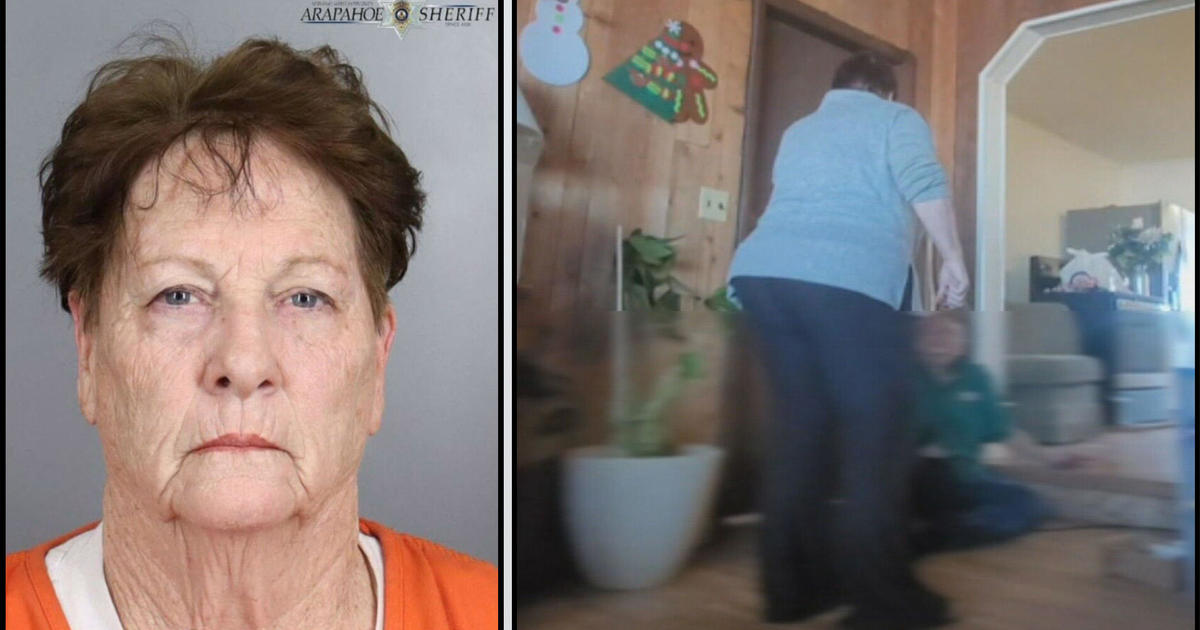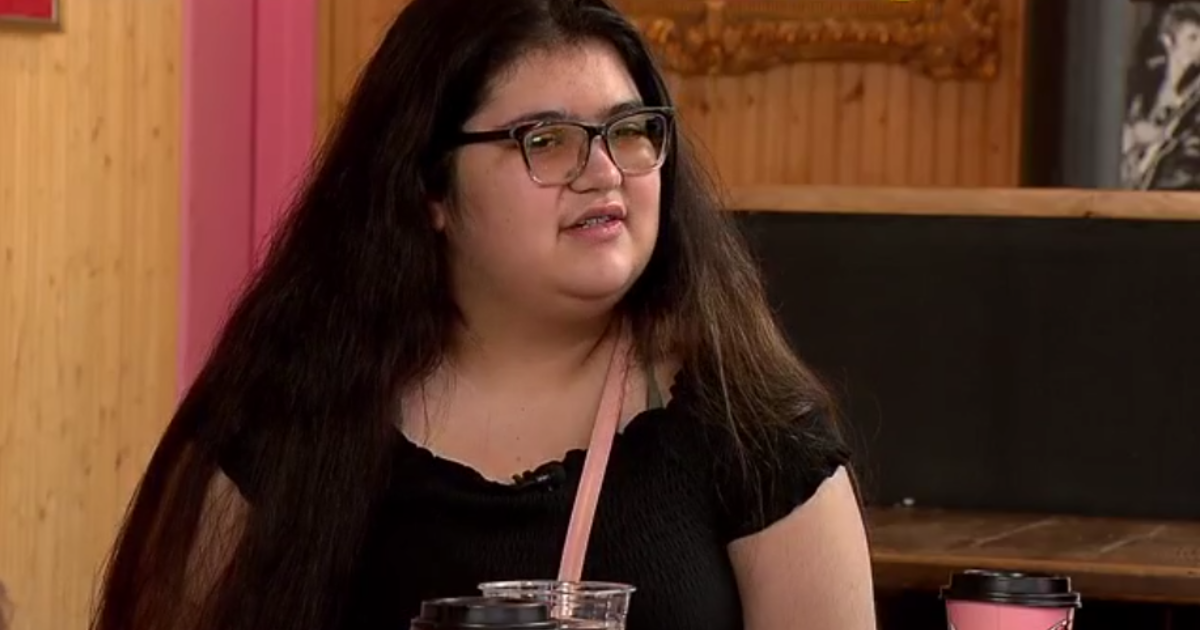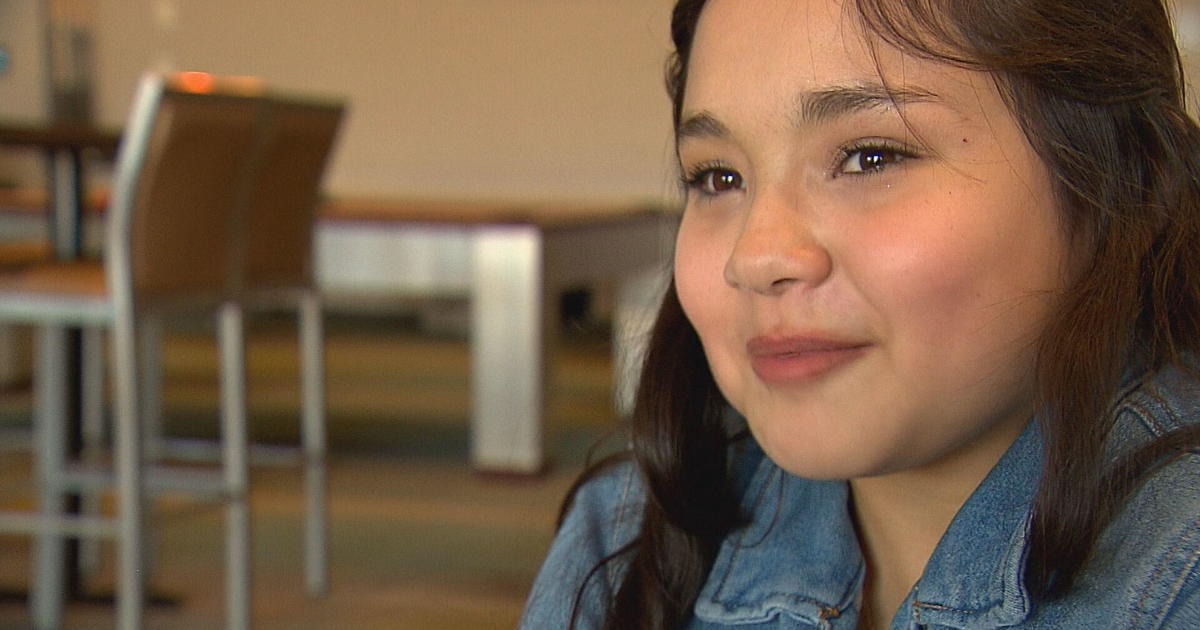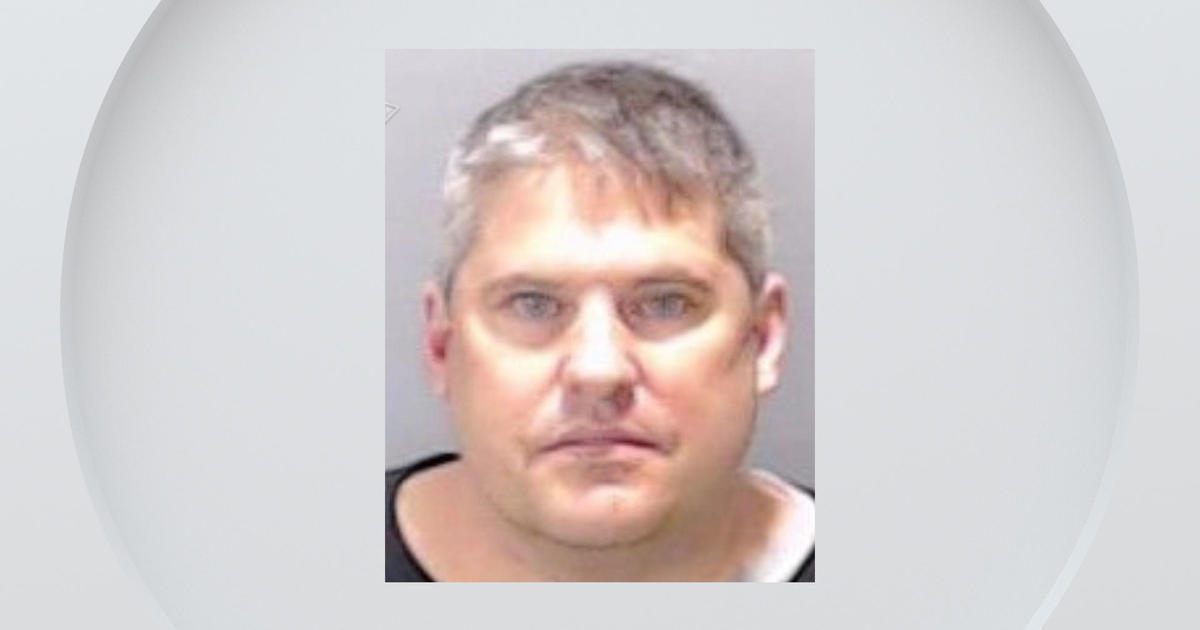Colorado Company Offers Greener Handling Of The Dead
BOULDER, Colo. (AP) - Dying is a dirty business. One Lafayette entrepreneur is looking to clean it up.
Ed Gazvoda wants to use a process called alkaline hydrolysis to reduce a corpse to a bag of bone powder and a barrel of gray water.
The 51-year-old "serial entrepreneur" started a company called CycledLife out of the basement of his Waneka Lake home a couple of years ago in order to develop a way of making the disposition of human remains environmentally friendly.
His invention, dubbed the Coffin Spa, is being designed by Lafayette's API Engineering LLC. It is slated to hit the market sometime this summer.
Gazvoda argues that alkaline hydrolysis mimics natural decomposition -- albeit compressed into hours rather than weeks or months. It works by breaking down proteins and destroying DNA and leaving behind nothing but harmless pathogen-free byproducts clean enough to fertilize pasture land or a farmer's field.
The process has been around for nearly two decades, but has mostly been used to decompose animal carcasses and donated human cadavers. CycledLife for the first time brings the procedure to the nation's funeral homes.
In the Coffin Spa, a body is submerged in an alkaline/water mixture that is pumped through the "coffin" and heated to 200 degrees Fahrenheit. After six to eight hours, the corpse is reduced to a brown liquid and a small pile of bone residue.
The advantages of liquefaction over cremation or burial, Gazvoda claims, are numerous.
"With cremation, you get back about 5 percent of the body," he said, pulling up a YouTube video of a crematory on his laptop. "Where did the rest of it go? It got spewed out of a smokestack."
That means the release of nitrogen oxide, hydrogen chloride, sulphur dioxide, and dioxins. Worse, Gazvoda said, mercury from dental fillings vaporizes and goes into the atmosphere. And crematories aren't typically equipped with pollutants scrubbers.
"If a crematory were a power plant, people would be up in arms," Gazvoda said.
With burials, he said, bodies filled with medications and pathogens act as sources of groundwater contamination.
"They are full of pills, full of embalming fluid, full of prions," he said.
During alkaline hydrolysis, medical devices, mercury fillings and other contaminants can easily be removed after the fact and disposed of properly, Gazvoda said.
"I think cremation is dead -- it will be dead in five to 10 years," he said.
Arlen Brown, president of the Colorado Funeral Directors Association, said breaking down bodies with alkaline is the wave of the future, but he said much needs to be accomplished on the regulatory and technological side before the practice will be given the same legitimacy as existing methods.
"There's going to be a permitting issue on getting this done," he said.
The hurdles for alkaline hydrolysis became clear earlier this year in Ohio, where Gazvoda sold a precursor model of the Coffin Spa to a funeral director there.
Jeff Edwards, owner of Edwards Funeral Service in Columbus, Ohio, used Gazvoda's device to process corpses from January through March before state officials told him that liquefying bodies was not an approved method of disposition and ordered him to stop.
He sued the state and a hearing on a preliminary injunction is scheduled for April 20.
Edwards said of 19 families that he presented with a choice between cremation and alkaline hydrolysis, all picked the latter method for disposition of their loved ones.
"If you can choose an option that is the exact same that Mother Nature would do anyway, that's what people will choose," he said. "I believe that it's the beginning of the end for cremation."
But Gazvoda, who is trying to land $1.5 million in funding for CycledLife, said he will first have to do battle with those in the industry who aren't ready for something new and with regulators who don't understand alkaline hydrolysis.
"The industry has no incentive to change until customers demand it," Gazvoda said.
Alkaline hydrolysis advocates got a boost earlier this year when the Colorado Legislature passed a bill that makes "chemical methods" an accepted form of body disposition in the state. The measure, HB-1178, awaits the governor's signature.
But Gazvoda is hedging his bets by branching out into the pet sector, in which there are fewer restrictions and rules.
He has plans to build an even larger container than the Coffin Spa, in which multiple animal remains could be liquefied simultaneously, but kept separate from one another. Pet owners would be given bone residue from their animals instead of ashes as a keepsake.
Boulder resident Kari Alexander has plans to start up a green-focused pet disposition business called Eco-Pet Service. She placed an order for an alkaline hydrolysis device from CycledLife.
She said she has already identified a Boulder County landowner who wants to use the gray water that will be generated in the decomposition process to enrich his pastureland. That should give comfort to environmentally conscious pet owners who don't want to contribute to global warming by cremating their dogs and cats, Alexander said.
"I think it would be a great way to pay tribute to a pet's life by returning their bodies to the earth," she said.
- By John Aguilar, The Daily Camera
(Copyright 2011 by The Associated Press. All Rights Reserved.)
Link: CycledLife.com



